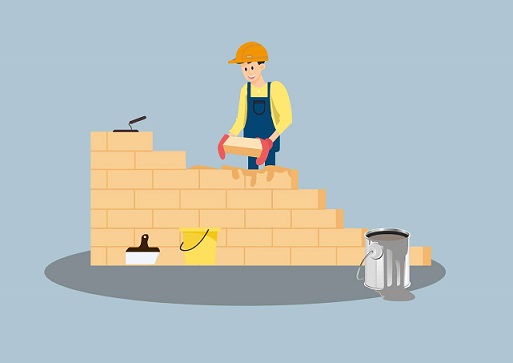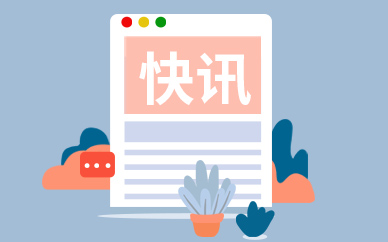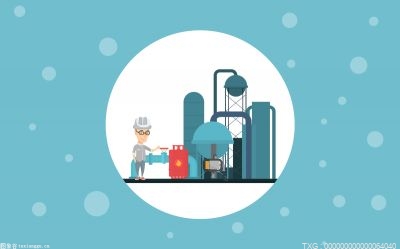 (资料图片)
(资料图片)
BEIJING, July 13 (TMTPOST)—Freshippo, an Alibaba-backed grocery chain also known as Hema in Chinese, may significantly lower its expectation on valuation.
Source: Visual China
Freshippo is working to raise funds at a valuation of about $6 billion, Reuters cited people familiar with the matter. The supermarket chain was said to aim to raise about $4 billion to $5 billion from outside investors, but financial terms could change as it hasn’t finalized the fundraising. The company said it welcomed excellent investors to help its development and added its cash flows were healthy, without any immediate fundraising pressure, according to the sources. The sources noted Freshippo had to scale down its ambitions for new Covid-19 related restrictions in China, especially a two-month lockdown in its largest city and economic hub Shanghai. Investors were also reported to raise concerns on the company’s capability to turn losses into profit soon, given its dismal outlook amid fears of China’s possible lockdown as outbreak of new subvariant Omicron BA.5 emerges.
Alibaba Group and Freshippo didn’t comment on the report. If the move were true, the latest valuation would be much less than seven months ago, reducing by about 40% in the period.
Bloomberg reported in January that Freshippo was weighing a new funding round with proposed preliminary valuation of $10 billion, though the valuation could change as deliberations were underway. The fundraising pursuit indicated Alibaba might spin off Freshippo, unleashing some of the value from physical retail operation, according to the report. The e-commerce giant was said to intend to remain a majority stake in the new unit once the new funding completed.
Founded in 2015, Freshippo first opened its retail store in Shanghai in 2016 and has expanded to 300 stores in China’s 27 cities to the date. According to the company, not all of the stores are purely supermarkets: some come in new and innovative formats tailored to the needs of different consumers across the country. Freshippo in last July unveiled to launch a 150,000-square-meter next-generation distribution center in Wuhan, and it planned to roll out similar distribution centers across China over the next few years, including in Chengdu, Shanghai, Hangzhou, Guangzhou and Xi"an.

































































